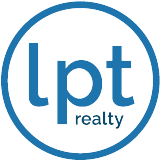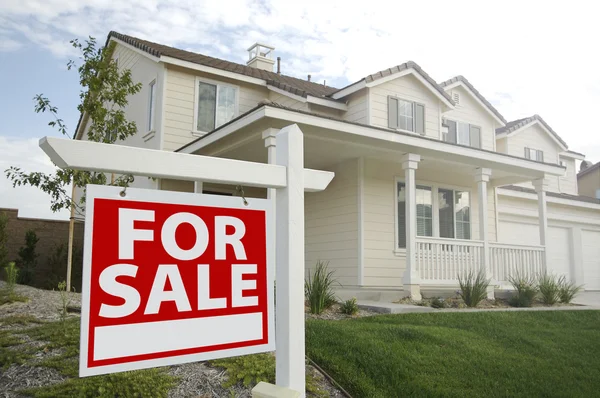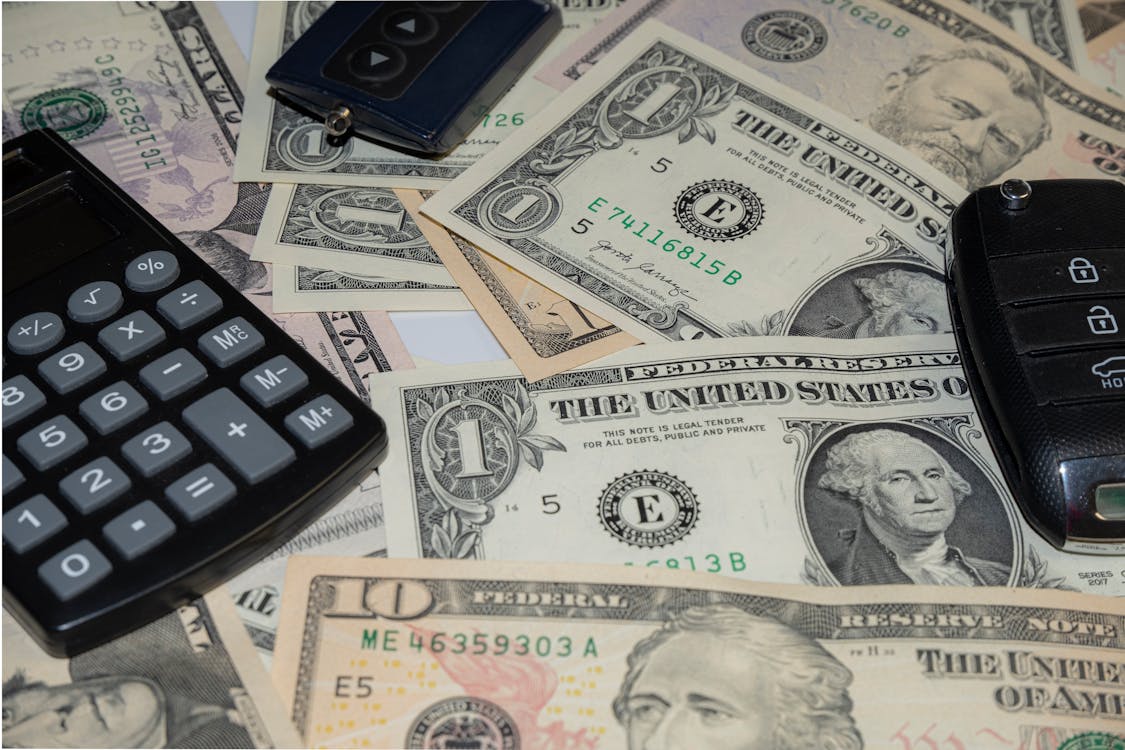
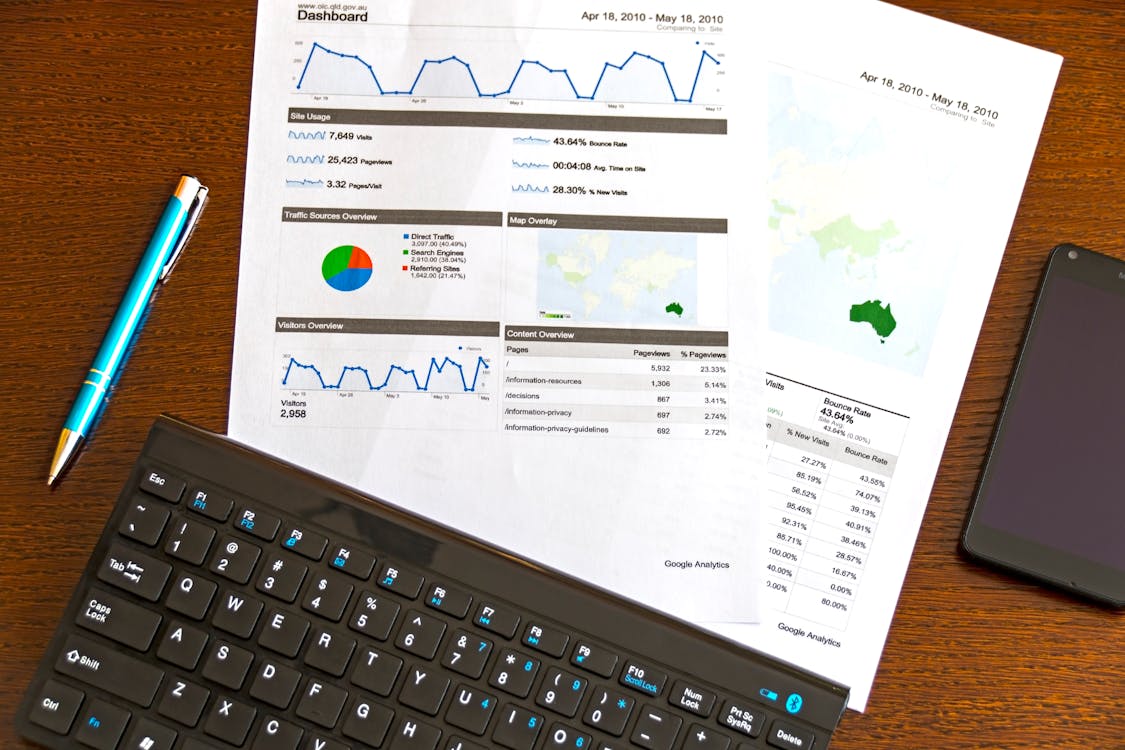
Required Reporting to the I.R.S.
Sellers of real property will have certain information regarding the sale reported to the Internal Revenue Service. This required reporting is a consequence of the Tax Reform Act of 1986; it is intended to encourage taxpayer compliance and aid in audit and enforcement efforts by the I.R.S. To help y
Read More
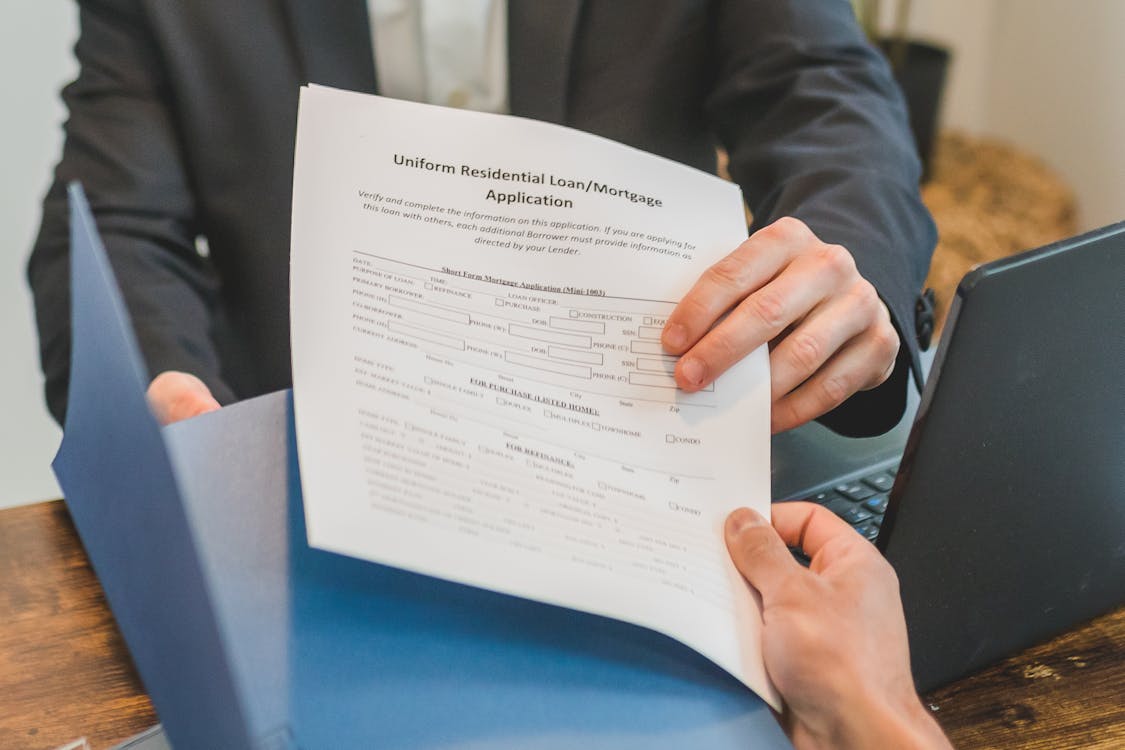
Getting a Legitimate Lender and Getting Pre-Approved
It used to be that buyers could go house shopping and when they have found their dream home, then they go to get pre-approved. However, in today’s market, that has proven to be one of the least effective methods in landing the dream home. Most lenders can pre-qualify you for a mortgage over the phon
Read More
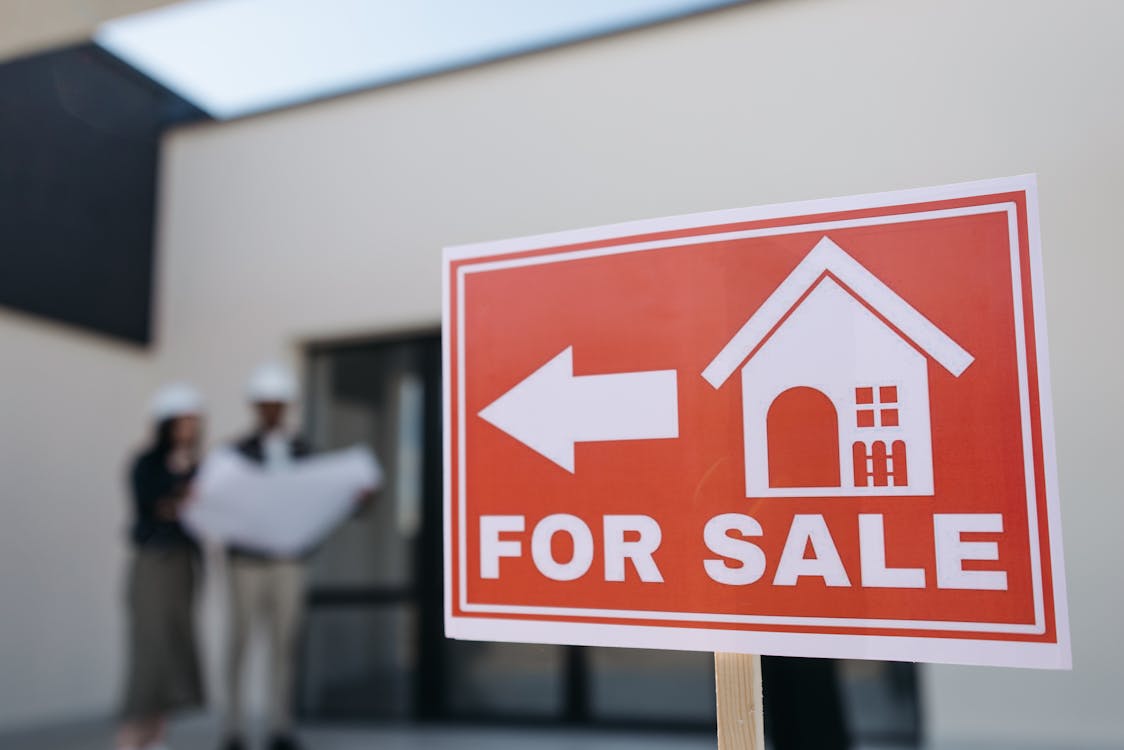
Thinking About Buying a Foreclosure?
With the housing bubble burst and the subprime mortgage crisis, millions of homeowners found themselves unable to make their mortgage payments. Many found themselves owing more on the house than the home was worth. Many just walked away from their homes. As a result of these complicated issues, mill
Read More

Plan of Action
1. Analyze why you are selling - If you understand your motives, you will be able to better negotiate and to get what it is that you want, whether it be a quick sale, high price, or somewhere in the middle. 2. Prepare your home for the buyer - Maximize the strengths of your property and fix up its w
Read More
Categories
Recent Posts
